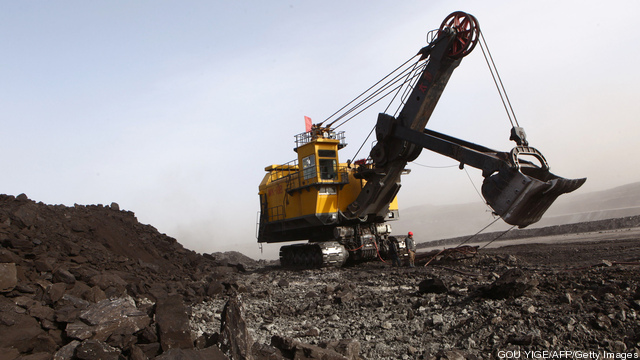
Can a 150-year-old company be part of the modern economy? Apparently so. Union Pacific (UNP), America’s largest railroad, touches all parts of the economy, even globally — 30% to 40% of its shipments originate or terminate outside the U.S. — and it’s doing better than many younger firms: Its stock recently hit all-time highs. CEO Jack Koraleski, 62, has been working on the railroad his entire career. He’s an evangelist for the industry, especially stressing its eco-friendliness: A train can haul a ton of freight 500 miles on a gallon of diesel fuel, of which he buys over a billion gallons a year. He talked recently with Fortune’s Geoff Colvin about why Union Pacific is really an infotech company, the wisdom of hiring veterans, and much else. Edited excerpts:


 For countries with lots of coal looking for clean alternatives to burning it,
For countries with lots of coal looking for clean alternatives to burning it, 




 Comedian Seth Meyers hosts the NRDC’s 13th Annual ‘Forces For Nature’ Benefit at American Museum of Natural History on November 14, 2011 in New York City.
Comedian Seth Meyers hosts the NRDC’s 13th Annual ‘Forces For Nature’ Benefit at American Museum of Natural History on November 14, 2011 in New York City.
